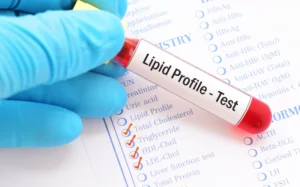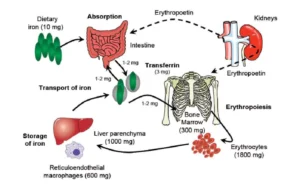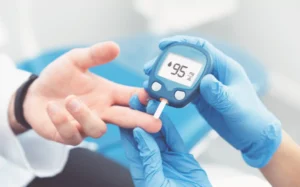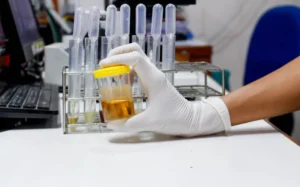Kidney Function Test
➢ Introduction: Begin with an overview of the kidneys' vital role in maintaining overall health, including filtering waste products from the blood, regulating electrolyte balance, and producing hormones. Introduce the concept of kidney function tests as essential tools in assessing kidney health and diagnosing kidney disorders.➢ The Importance of Kidney Function Testing: Discuss the significance of kidney function testing in identifying early signs of kidney dysfunction, monitoring disease progression, and guiding treatment decisions. Emphasize the importance of early detection and...








